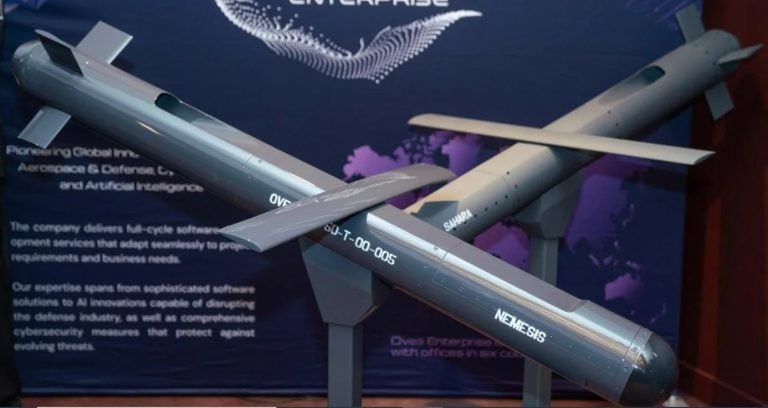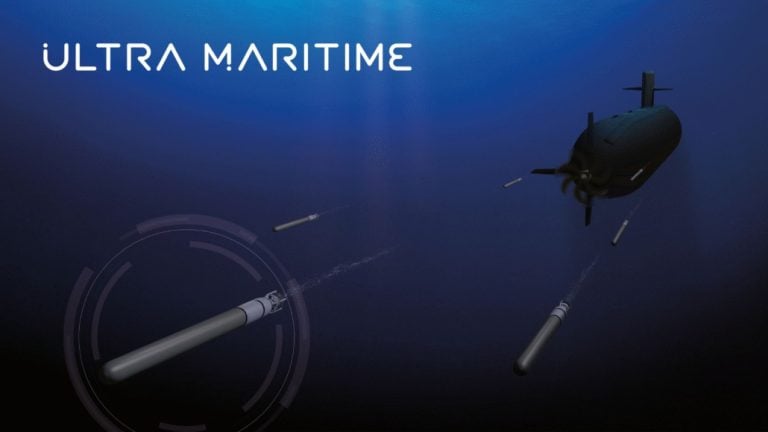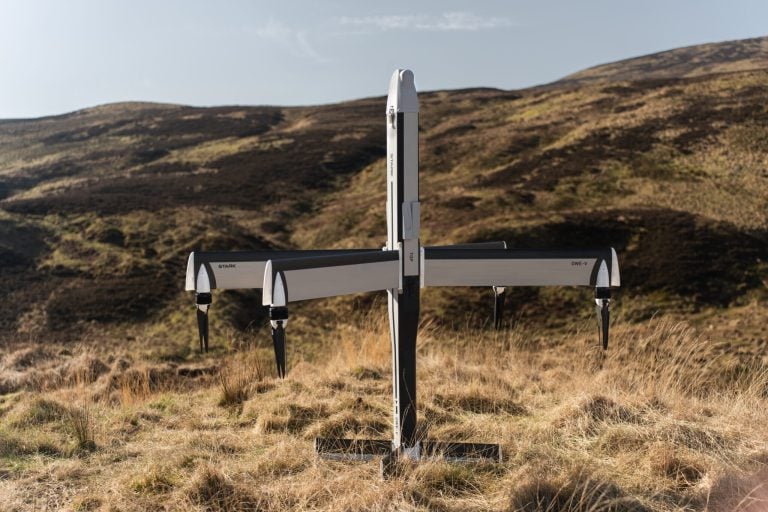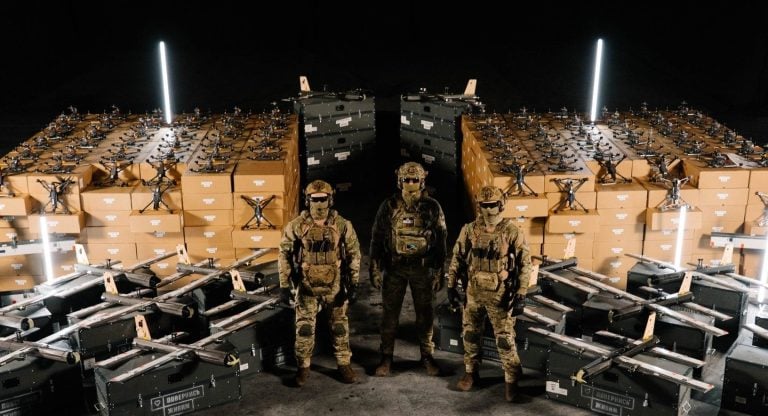Canadian company Volatus Aerospace has made significant strides in the aerospace sector with its recent acquisition of advanced remotely piloted aircraft system technologies from the UK-based Caliburn Holdings. The deal, valued at 2 million Canadian dollars (approximately $1.4 million), encompasses critical aircraft designs, flight-test data, and comprehensive engineering documentation, all aimed at fostering the development of a new generation of long-endurance, fixed-wing uncrewed aircraft systems.
This initiative is strategically aligned with Volatus Aerospace’s objective to enhance Canada’s aerospace and defense manufacturing capabilities, as well as to fortify public security measures and safeguard critical infrastructure applications across the nation.
All systems and platforms resulting from this acquisition will be produced and integrated at Volatus’ Innovation and Drone Manufacturing Facility located at YMX International Aerocity in Mirabel, Quebec. This facility, established to innovate advanced aerospace systems, will oversee the entire lifecycle of these technologies—from production and integration to extensive flight testing. The facility is also poised to support both domestic military programs and potential exports to allied nations.
Emphasizing the importance of localizing drone technology, Volatus Aerospace will welcome the UK engineering team behind the aircraft designs to Mirabel. This team’s expertise will be crucial in overseeing production, testing, and certification processes, ensuring that the transition of technology is seamless and efficient.
Glen Lynch, the Chief Executive Officer of Volatus Aerospace, highlighted Canada’s capacity to become a leader in uncrewed systems technology. He stated, “Canada has the talent, infrastructure, and strategic imperative to design and manufacture world-class uncrewed systems right here at home.” By bringing this technology into the Canadian fold, the company commits to retaining critical aerospace innovation, job creation, and intellectual property within the country, thereby augmenting its support to NATO and other allied defense partnerships.
The suite acquired includes three scalable unmanned aerial system platforms, with maximum takeoff weights between 100 kilograms (220 pounds) and 265 kilograms (584 pounds). These platforms have the capacity to carry sensors and payloads ranging from 15 kilograms (33 pounds) to 50 kilograms (110 pounds), boasting impressive flight endurance capabilities that can extend from 12 hours up to an extraordinary seven days of continuous operation.
These unmanned aerial systems are designed for a variety of missions, including border security, persistent surveillance, Arctic and maritime patrol, and the inspection of critical infrastructure. Their modular design enables them to function individually or in coordinated groups, making them versatile assets for expanded military operations. This development marks a pivotal moment for Canada’s aerospace industry, with potential implications for national security and defense collaboration.







